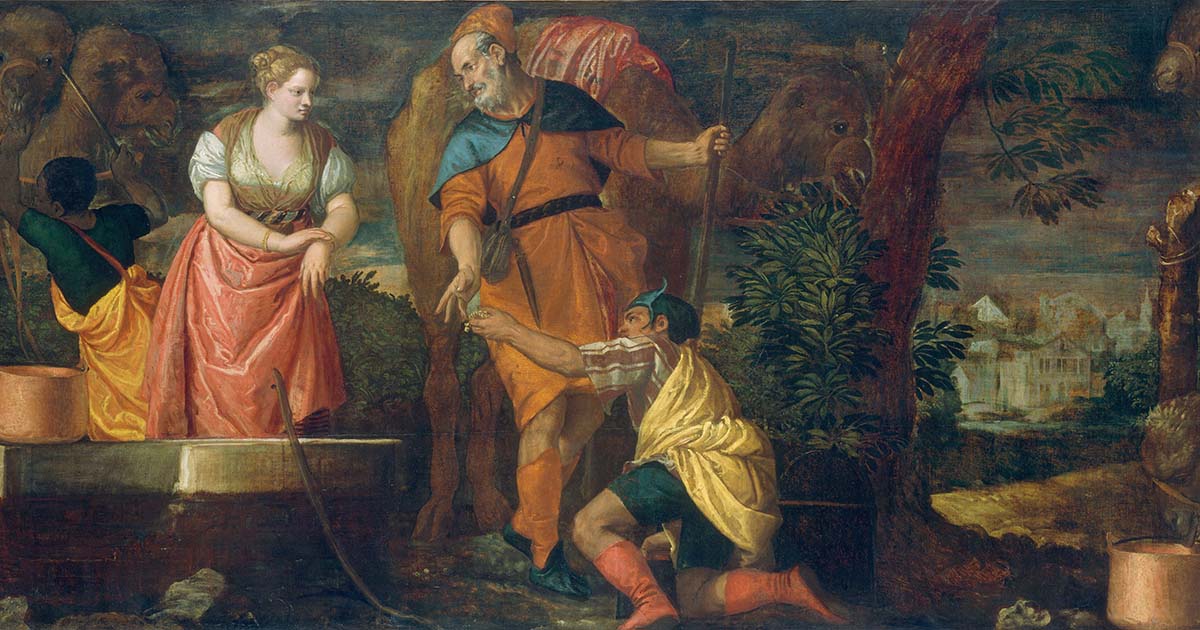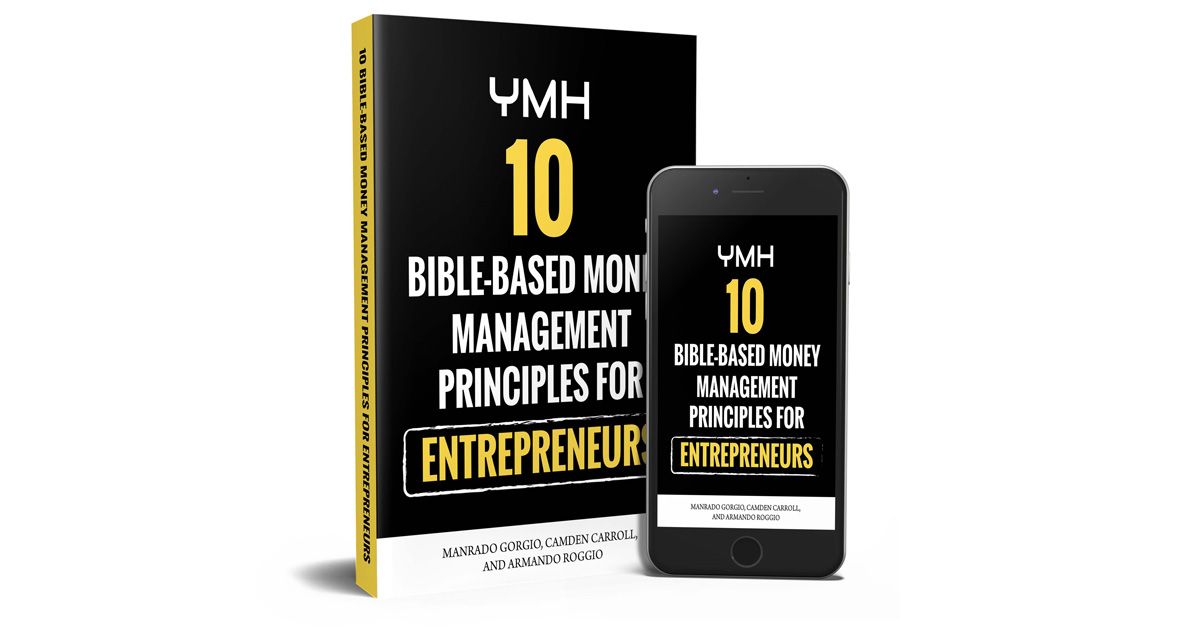The Principle of Stewardship
There is a sense in which everything we had is meant to be used for good.

The first principle we will explore is the principle of stewardship. At its core, stewardship is the understanding that everything we have belongs to God and that we are merely caretakers of His resources.
The book of Colossians tells us that Christ is preeminent. Here are the verses.
He is the image of the invisible God, the firstborn of all creation. For by him all things were created, in heaven and on earth, visible and invisible, whether thrones or dominions or rulers or authorities—all things were created through him and for him. And he is before all things, and in him all things hold together. (Colossians 1: 15-17, ESV)
We are God's creatures. He made us, and to the fullest possible extent of the meaning, we belong to Him. Everything we have. Everything we earn. Everything we think we own. Everything we are belongs to Him.
God blessed us with various gifts and talents that we can use to create and grow businesses. However, it's essential to remember that these gifts and talents are not ours to keep. They are from God, and we are responsible for using them in ways that honor Him.
For example, if you are an entrepreneur and have experienced financial success in your business, do not view that success as yours to do with as you please. You must use it to serve your master and to further God's kingdom, giving generously to your church, supporting Christian charities, or investing in other businesses that align with your values. You must also be careful not to invest in companies or give to charities that oppose God.
Let's have a story from Genesis 24. It might help us think about our stewardship responsibility in a better light.
Now Abraham was old, well advanced in years. And the LORD had blessed Abraham in all things. And Abraham said to his servant, the oldest of his household, who had charge of all that he had, "Put your hand under my thigh, that I may make you swear by the LORD, the God of heaven and God of the earth, that you will not take a wife for my son from the daughters of the Canaanites, among whom I dwell, but will go to my country and to my kindred, and take a wife for my son Isaac. ( Genesis 24:1–4, ESV)
The passage introduces us to a servant "who had charge of all that [Abraham] had." He was even responsible for finding Isaac a wife.
The proper mental image of this fellow is something like a high-ranking official. He was the commander of Abraham's vast wealth. This servant was a talented leader, a wise manager, and —here it comes— the steward of Abraham's possessions.
After Abraham and his servant discuss the terms of what it means to get a wife for Isaac, we read about what the servant took with him and how God blessed him.
Then the servant took ten of his master's camels and departed, taking all sorts of choice gifts from his master; and he arose and went to Mesopotamia to the city of Nahor. And he made the camels kneel down outside the city by the well of water at the time of evening, the time when women go out to draw water. And he said, "O LORD, God of my master Abraham, please grant me success today and show steadfast love to my master Abraham. Behold, I am standing by the spring of water, and the daughters of the men of the city are coming out to draw water. Let the young woman to whom I shall say, "Please let down your jar that I may drink," and who shall say, "Drink, and I will water your camels"—let her be the one whom you have appointed for your servant Isaac. By this I shall know that you have shown steadfast love to my master.
Before he had finished speaking, behold, Rebekah, who was born to Bethuel the son of Milcah, the wife of Nahor, Abraham's brother, came out with her water jar on her shoulder. The young woman was very attractive in appearance, a maiden whom no man had known. She went down to the spring and filled her jar and came up. Then the servant ran to meet her and said, "Please give me a little water to drink from your jar." She said, "Drink, my lord." And she quickly let down her jar upon her hand and gave him a drink. When she had finished giving him a drink, she said, "I will draw water for your camels also, until they have finished drinking." So she quickly emptied her jar into the trough and ran again to the well to draw water, and she drew for all his camels. The man gazed at her in silence to learn whether the LORD had prospered his journey or not.
"When the camels had finished drinking, the man took a gold ring weighing a half shekel, and two bracelets for her arms weighing ten gold shekels, and said, "Please tell me whose daughter you are. Is there room in your father's house for us to spend the night?" She said to him, "I am the daughter of Bethuel the son of Milcah, whom she bore to Nahor." She added, "We have plenty of both straw and fodder, and room to spend the night." The man bowed his head and worshiped the LORD and said, "Blessed be the LORD, the God of my master Abraham, who has not forsaken his steadfast love and his faithfulness toward my master. As for me, the LORD has led me in the way to the house of my master's kinsmen." (Genesis 24:10–27, ESV)
Consider how much money this servant had with him. The choice gifts included the gold jewelry mentioned, which weighed ten and a half shekels. If a Biblical shekel is approximately 11 grams, the ring and bracelets weighed 115.5 grams or a little more than 4 ounces. If gold is around $1,800 per ounce —which was its value when we wrote this little e-book— then the servant gave Rebekah $7,200 worth.
Here is the point, so make sure to take it. Being a steward, like Abraham's servant, is a position of honor, but it is not a position of ownership. For example, the servant had control of the gold, but his joy was using it for his master's goals and purposes. We are saying that the same thing is true for entrepreneurs of all kinds.
The principle of stewardship reminds us that we are not the owners of our resources but the caretakers. By embracing this perspective and using our resources wisely and responsibly, we can honor God and achieve financial success, knowing that we are doing so as faithful stewards of His resources.

10 Bible-Based Money Management Principles for Entrepreneurs
This article is a reprint of a chapter in a 32-page e-book. In this e-book, you will find ten principles grounded in the Bible and relevant to personal nance and entrepreneurship. Each principle is briefly explained and includes practical tips or examples to help you apply it to your life and business.
